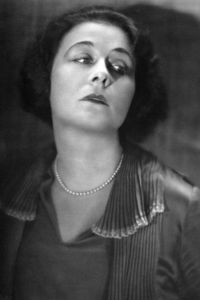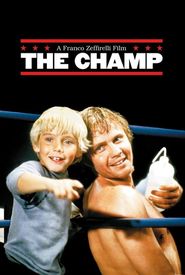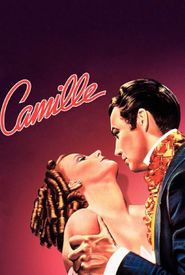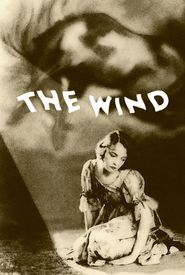Frances Marion, the most renowned female screenwriter of the 20th century, was born in San Francisco, a city that would play a significant role in her early life and career. Before entering the world of film, Marion explored various creative outlets, including modeling, acting, and commercial art. She even found success in these fields, laying the groundwork for her future endeavors.
However, it was her entry into journalism that would prove to be a pivotal moment in her life. During World War I, Marion served as a combat correspondent in Europe, gaining valuable experience and developing a keen sense of storytelling.
After the war, Marion moved to Los Angeles, where she was employed by the renowned director Lois Weber as an assistant. This position provided her with a thorough apprenticeship in the film industry, allowing her to learn from one of the best in the business.
As she honed her craft, Marion began writing scripts, and her talent did not go unnoticed. She attracted the attention of the legendary actress Mary Pickford, with whom she would form a long and fruitful partnership. Marion served as Pickford's official screenwriter, and together they created some of the most memorable and iconic silent films of the 1920s and 1930s.
Marion's work on these films earned her numerous accolades, including Academy Awards for her writing on The Big House (1930) and The Champ (1931). Her influence also extended to other notable actresses, including Marie Dressler, whose career she helped resurrect, and Marion Davies, for whom she wrote some of the most memorable scripts of her career.
At MGM, where she was under contract for many years, Marion enjoyed an unprecedented level of creative freedom, allowing her to flourish as a writer. However, with the death of Irving Thalberg, MGM's creative head, in 1936, Marion's power and influence began to wane.
In 1946, Marion left Hollywood and devoted herself to playwriting and novel writing. Her personal life was also marked by significant relationships, including marriages to the 1920s cowboy star Fred Thomson and the director George W. Hill.
Frances Marion's legacy is a testament to her remarkable talent and dedication to her craft. She died in 1973, leaving behind a body of work that continues to be celebrated and studied to this day, cementing her status as one of the most respected names in Hollywood history.





























































